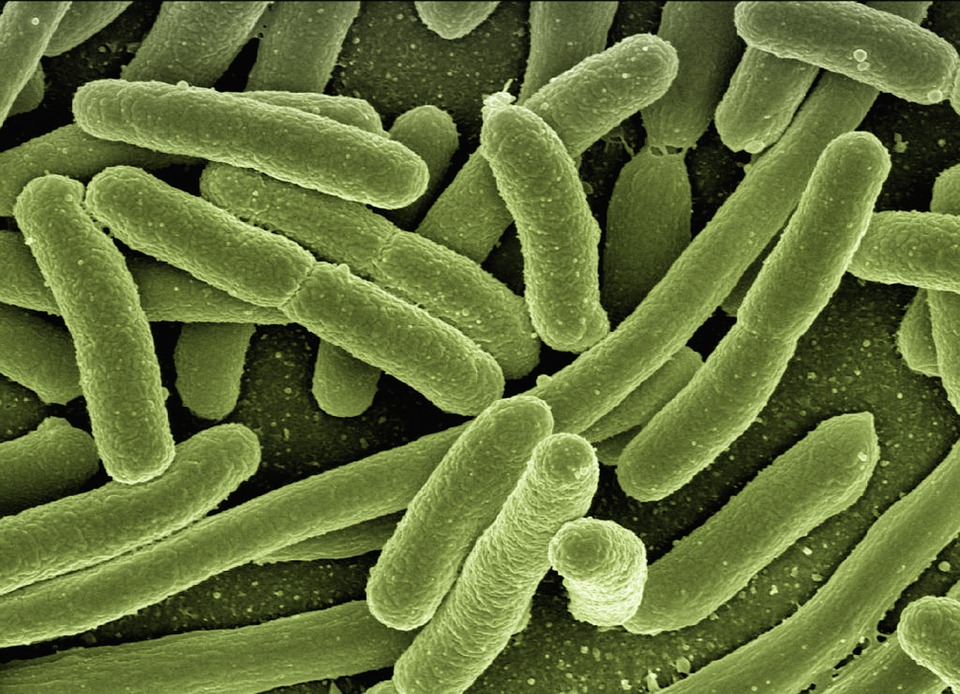In multiple sclerosis (MS), a disease that strips away the sheaths that insulate nerve cells, the body’s immune cells come to see the nervous system as an enemy. Some drugs try to slow the disease by keeping immune cells in check, or by keeping them away from the brain. But for decades, some researchers have been exploring an alternative: wiping out those immune cells and starting over.
The approach, called hematopoietic stem cell transplantation (HSCT), has long been part of certain cancer treatments. A round of chemotherapy knocks out the immune system and an infusion of stem cells—either from a patient’s own blood or, in some cases, that of a donor—rebuilds it. The procedure is already in use for MS and other autoimmune diseases at several clinical centers around the world, but it has serious risks and is far from routine. Now, new results from a randomized clinical trial suggest it can be more effective than some currently approved MS drugs.
“A side-by-side comparison of this magnitude had never been done,” says Paolo Muraro, a neurologist at Imperial College London who has also studied HSCT for MS. “It illustrates really the power of this treatment—the level of efficacy—in a way that’s very eloquent.”
Read the article here
